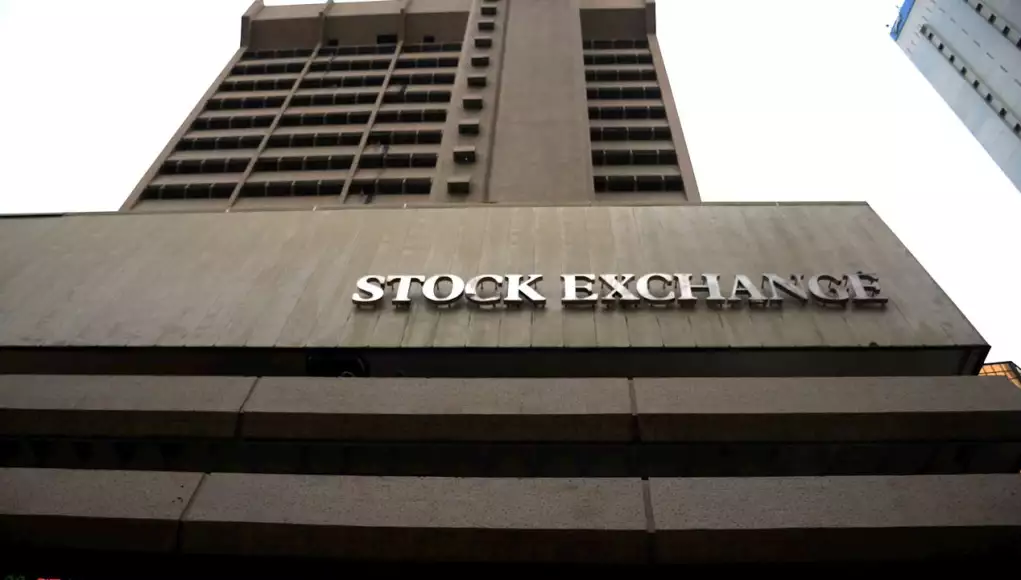The Nigerian stock market has seen a decrease in foreign investor participation since February 2025, when outflows of investments exceeded inflows by 26.6%.
Details of the latest data released by the Nigerian Exchange Limited, NGX, yesterday showed that foreign investment outflow in February 2025 stood at N24.6 billion, higher than the inflow, which stood at N18.05 billion.
The details further show that foreign investment inflow in February 2025 actually declined by 29.7% from N25.66 billion in January 2025.
According to the domestic and foreign portfolio report of the NGX, the total transactions at the Exchange decreased by 16.07% to N509.47 billion in February 2025 from N607.05 billion in January 2025.
The performance of the month under review when compared to the performance in February 2024 revealed that total transactions by domestic investors outperformed transactions executed by foreign investors by 84 %.
However, a further breakdown of the total transactions executed between February and January revealed that domestic transactions actually decreased by 12.83% to N466.82 billion in February 2025 from N535.64 billion in January 2025. Also, total transactions decreased by 40.36% to N42.65 billion in February 2025 from N71.51 billion in January 2025.
Market analysts have attributed the decline to the shift in the demand for debt securities driven by attractive high yields.
The report also showed that institutional investors outperformed retail investors by 8%.
However, the institutional composition of the domestic market decreased by 5.92% from N268.19 billion in January 2025 to N252.31 billion in February 2025.
Commenting on the performance of the portfolio investments, analysts at InvestData Consulting stated, “We highlight that the lower participation in the local bourse may be primarily attributed to investors’ preference for debt securities due to attractive yields in the fixed-income market.”
Commenting as well, David Adonri, analyst at Highcap Securities Limited, noted that the higher foreign outflows are a sign that investors are repatriating profits.
“If the outflow exceeds the inflow, it indicates that foreign investors are taking profits back to their home countries. The volatility of the naira also impacts investor confidence; every investor prefers to operate in a stable environment.
“The market has seen some capital appreciation in stocks, but the presence of foreign investors is no longer as dominant, and their departure will have a less severe impact on the market now,” he said.
“While the exit of foreign investors might reduce the supply of foreign currency in the market, it won’t significantly destabilize the economy as long as domestic participation remains strong and macroeconomic indicators are growing,” he added.










